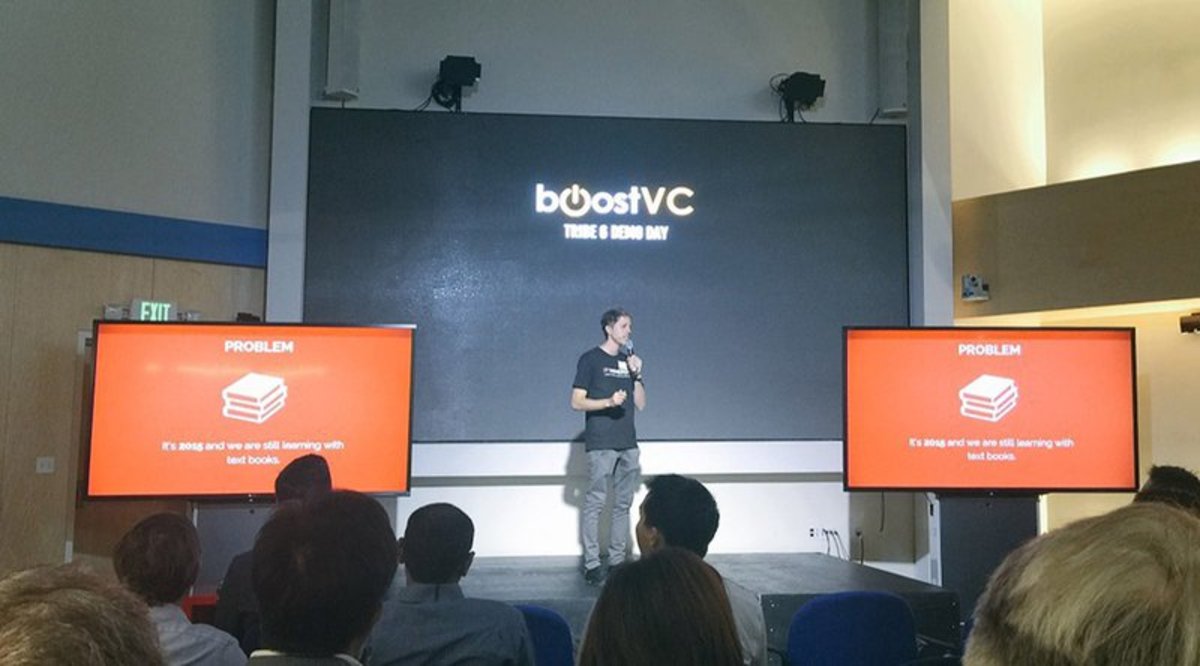
There are few people as well-equipped to comment on the concept of blockchain-based crowd equity as Boost VC CEO Adam Draper. In addition to his involvement with the long list of blockchain-related investments made at Boost VC, Draper also launched BoostFunder, which he says was the first crowdfunding-for-equity platform.
Draper recently shared some of his thoughts on blockchain-based crowd equity on an episode of the Bitcoin.com Podcast. Initially, the venture capitalist stated:
“I think we’re at this sort of crossroads with the crowdfunding of the coin-based system. It’s going to work because it’s efficient, you can keep track of it, and the ledger clears it automatically. There are a lot of things that are better about that system.”
Draper went on to discuss the need for regulatory approval of this type of system, the effects of the JOBS Act, and the need for this type of fundraising system to have time to develop and grow over time.
Regulatory Approval Is Needed for Mass Adoption
The main issue Draper sees with blockchain-based crowd-equity platforms is the lack of regulatory approval. Draper explained, “The problem is right now that you need a regulatory body to adopt it. Otherwise, it’s just not going to get mass approval.”
While many early Bitcoin and blockchain adopters do not like the idea of asking for regulatory approval, Draper said, “It’s going to be really, really important for the system to have that regulatory approval. You’ll never go completely around the government.”
Draper then added that this need for regulatory clarity is not something he personally desires, but rather the simple reality of the situation. He noted:
“And I don’t love saying that ‒ for the record. I also see the regulation as a barrier to entry. To get through that regulatory approval ‒ that’s something that a lot of startups can’t get through. Really, regulation is an opportunity for a lot of people.”
As Draper insinuated, the concept of regulatory capture is quite attractive to many businesses.
Effects of the JOBS Act
The JOBS Act is expected to have a huge impact on the crowdfunded-equity industry. In fact, Draper described one aspect of the venture capitalist business that has already been altered by this legislation:
“It’s really interesting. We’re actually seeing this in the last two or three weeks ‒ this never happened before ‒ but if you already filed with the SEC, other funds have actually already announced that they’re fundraising. Not that they closed a fund, but that they’re actually in the process of fundraising, which never happened before the JOBS Act.”
Draper also shared his own opinion on this new phenomenon:
“It’s an exciting thing. It allows more people to hear about it, it’s less of a private thing, and it helps the fund. It’s a lot of awareness. You drum up a lot of excitement for it. The solicitation thing is just such an obvious rule to make it a little better. It was so restrictive before.”
Although the JOBS Act has weakened restrictions on how people can raise funds over the Internet, exactly how this legislation will affect blockchain-based systems remains unclear. At the end of the day, the vision of allowing some kids in a garage to issue stock in their new startup as a colored coin is not quite here yet.
Crowdfunded Equity Needs Time to Grow
As for the future of crowdfunded equity, Draper stated, “I still think there’s an evolution that’s happening; it takes time.”
For now, Draper claims the venture capitalist stills holds a lot of the power and value in the current fundraising system. Having said that, the Boost VC CEO also talked about how raising money on a crowdfunding platform, such as AngelList or Crowdfunder, could provide startups with a bit of extra reach. He added, “But it’s really just add-on right now ‒ just as far as the process that works to fundraise.”
In his final thoughts on crowdfunded equity, Draper stated:
“There’s going to be a really interesting experiment that probably happens in the next year that brings [crowdfunded equity] to life, so I think it’s going to be awesome. I love disruption in every industry. If my own industry gets disrupted, I just hope I’m on the side of it that’s winning.”
Kyle Torpey is a freelance journalist who has been following Bitcoin since 2011. His work has been featured on VICE Motherboard, Business Insider, NASDAQ, RT’s Keiser Report and many other media outlets. You can follow @kyletorpeyon Twitter.










